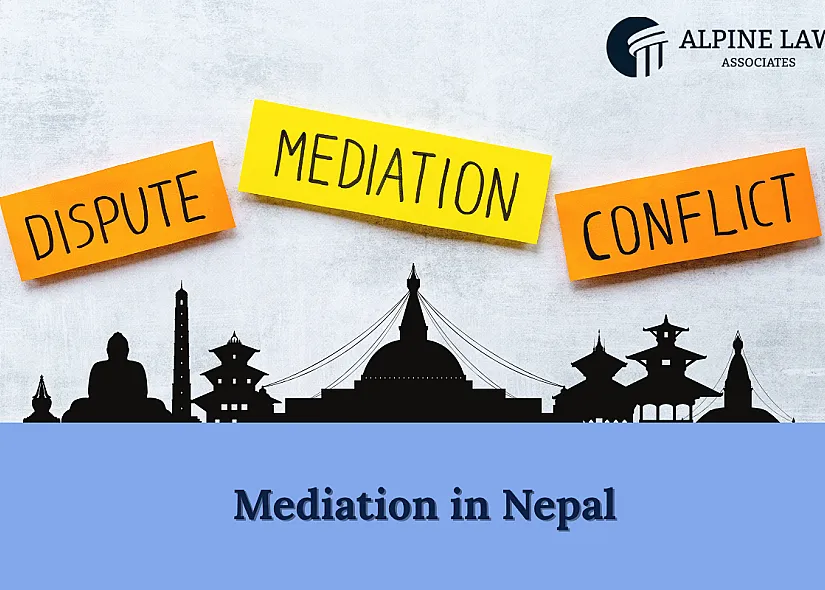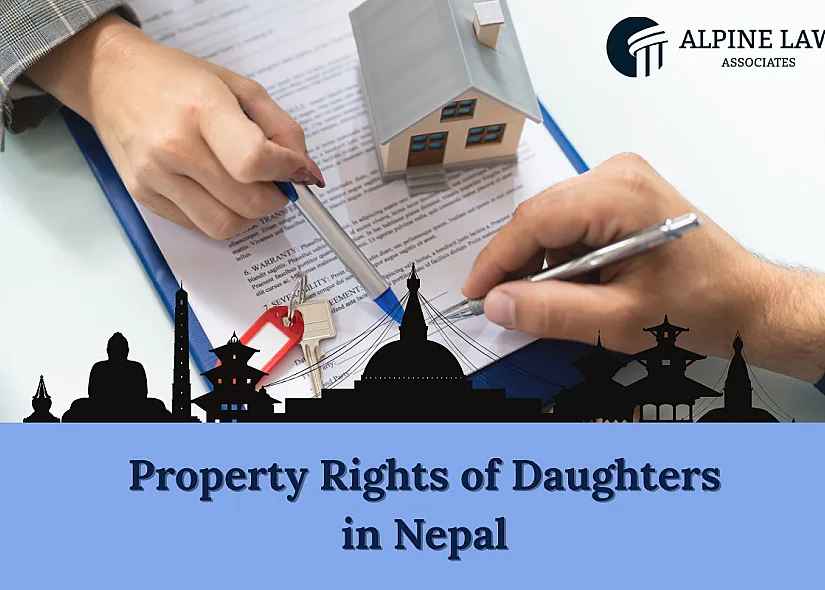Understanding Nepal's Civil and Criminal Code 2017
Nepal's Civil and Criminal Code 2017 (2074 B.S.) replaced the Muluki Ain of 1963, introducing major legal reforms in areas such as personal rights, family law, criminal offenses, punishments, and justice procedures. This article explores the most notable features of both codes, their impact on civil liberties and criminal accountability, and how Alpine Law Associates offers trusted legal representation for all criminal matters. Learn how these legal frameworks ensure justice, fairness, and human dignity across Nepal’s evolving legal landscape.



-thumb_big.webp)
-thumb_big.webp)
-thumb_big.webp)
-thumb_big.webp)
-thumb_big.webp)
-thumb_big.webp)
-thumb_big.webp)
-thumb_big.webp)


-thumb_big.webp)
-thumb_big.webp)